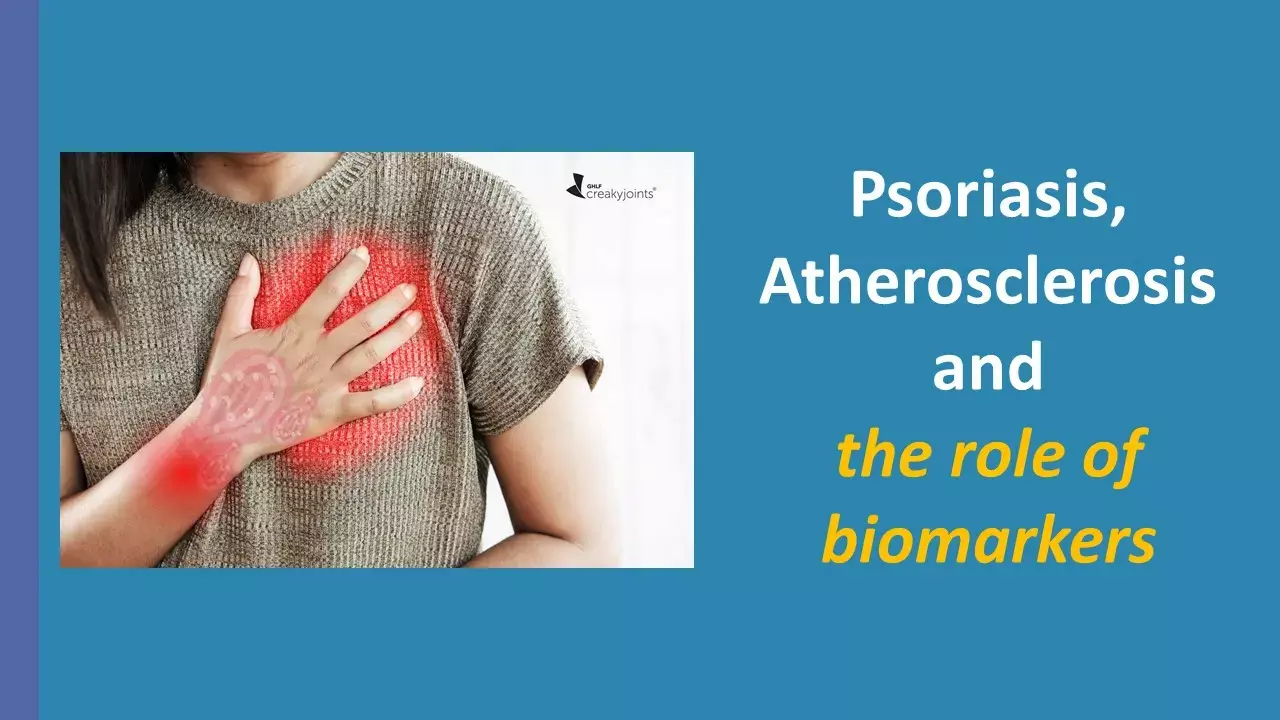- Home
- Medical news & Guidelines
- Anesthesiology
- Cardiology and CTVS
- Critical Care
- Dentistry
- Dermatology
- Diabetes and Endocrinology
- ENT
- Gastroenterology
- Medicine
- Nephrology
- Neurology
- Obstretics-Gynaecology
- Oncology
- Ophthalmology
- Orthopaedics
- Pediatrics-Neonatology
- Psychiatry
- Pulmonology
- Radiology
- Surgery
- Urology
- Laboratory Medicine
- Diet
- Nursing
- Paramedical
- Physiotherapy
- Health news
- Fact Check
- Bone Health Fact Check
- Brain Health Fact Check
- Cancer Related Fact Check
- Child Care Fact Check
- Dental and oral health fact check
- Diabetes and metabolic health fact check
- Diet and Nutrition Fact Check
- Eye and ENT Care Fact Check
- Fitness fact check
- Gut health fact check
- Heart health fact check
- Kidney health fact check
- Medical education fact check
- Men's health fact check
- Respiratory fact check
- Skin and hair care fact check
- Vaccine and Immunization fact check
- Women's health fact check
- AYUSH
- State News
- Andaman and Nicobar Islands
- Andhra Pradesh
- Arunachal Pradesh
- Assam
- Bihar
- Chandigarh
- Chattisgarh
- Dadra and Nagar Haveli
- Daman and Diu
- Delhi
- Goa
- Gujarat
- Haryana
- Himachal Pradesh
- Jammu & Kashmir
- Jharkhand
- Karnataka
- Kerala
- Ladakh
- Lakshadweep
- Madhya Pradesh
- Maharashtra
- Manipur
- Meghalaya
- Mizoram
- Nagaland
- Odisha
- Puducherry
- Punjab
- Rajasthan
- Sikkim
- Tamil Nadu
- Telangana
- Tripura
- Uttar Pradesh
- Uttrakhand
- West Bengal
- Medical Education
- Industry
Cardiac troponins and NT-proBNP levels associated with CVD risk in psoriasis

Cardiovascular (CV) risk prediction in patients with psoriasis and psoriatic arthritis (PsA), collectively known as psoriatic disease (PsD), is of utmost importance as these patients are prone to dramatically increased risk of cardiovascular (CV) morbidity and mortality compared to the general population.
In a recent study aimed at determining whether cardiac troponin I (cTnI) and N-terminal pro-brain-type natriuretic peptide (NT-proBNP) can improve this risk stratification, authors Colaco et al have found that cTnI may reflect the burden of atherosclerosis, independent of traditional CV risk factors. Also, cTnI and NT-proBNP are associated with incident CV events independent of the Framingham risk score (FRS). These findings were recently published in the Arthritis and Rheumatology Journal.
It is not clear how much incremental information is gained by using novel markers like cTnI and NTproBNP in CV risk stratification or their association with carotid atherosclerosis in patients with PsD. They evaluated the association between cTnI and NT-proBNP and carotid atherosclerosis presence and progression.
Among 1,000 patients with PsD, carotid total plaque area (TPA) was measured in 358 participants at baseline. The association between cardiac biomarkers and carotid atherosclerosis was assessed by multivariable regression after adjusting for CV risk factors.
The study found that:
1. cTnI, and not NT-proBNP, was associated with TPA after adjusting for established CV risk factors.
2. Elevated cTnI and NT-proBNP were associated with a higher risk of developing future CV events independent of traditional CV risk factors,
3. The associations were stronger in males compared to females and the addition of cTnI or NT-proBNP did not improve the performance of the FRS for predicting CV events in psoriatic patients.
These findings suggest that increased atherosclerotic plaque burden is associated with subclinical cardiac injury which is associated with elevated concentrations of cardiac biomarkers.
This is the first study to investigate cTnI and NT-proBNP and their relationship with non-invasive measures of carotid atherosclerosis and clinical CV events in a large longitudinal cohort of patients with PsD.
"cTnI may be as effective as established measures of carotid plaque burden for identifying subclinical atherosclerosis long before CV events occur", note the authors.
However, the lack of improvement in prediction metrics beyond the FRS does not support the routine use of these cardiac biomarkers for CV risk stratification in asymptomatic patients with PsD.
Source: Arthritis and Rheumatology Journal. https://doi.org/10.1002/art.42079
MBBS, MD , DM Cardiology
Dr Abhimanyu Uppal completed his M. B. B. S and M. D. in internal medicine from the SMS Medical College in Jaipur. He got selected for D. M. Cardiology course in the prestigious G. B. Pant Institute, New Delhi in 2017. After completing his D. M. Degree he continues to work as Post DM senior resident in G. B. pant hospital. He is actively involved in various research activities of the department and has assisted and performed a multitude of cardiac procedures under the guidance of esteemed faculty of this Institute. He can be contacted at editorial@medicaldialogues.in.
Dr Kamal Kant Kohli-MBBS, DTCD- a chest specialist with more than 30 years of practice and a flair for writing clinical articles, Dr Kamal Kant Kohli joined Medical Dialogues as a Chief Editor of Medical News. Besides writing articles, as an editor, he proofreads and verifies all the medical content published on Medical Dialogues including those coming from journals, studies,medical conferences,guidelines etc. Email: drkohli@medicaldialogues.in. Contact no. 011-43720751


